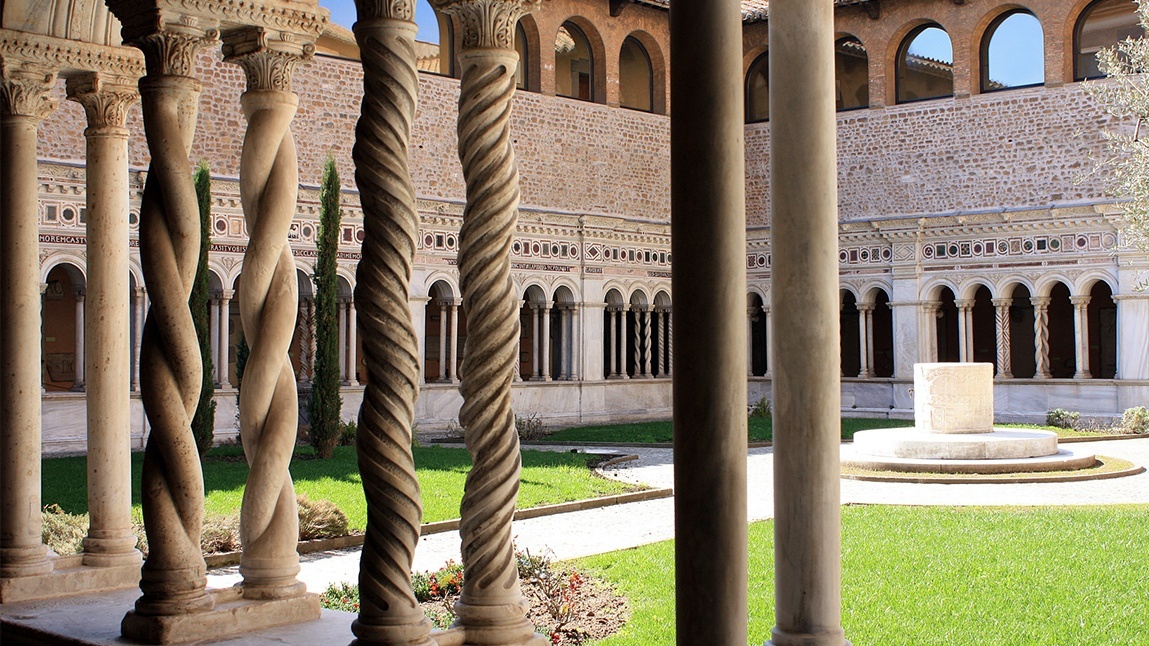Sibelius’ “Lemminkäinen” Suite: Four Legends from the Kalevala
Lemminkäinen is a shamanistic figure from the frigid depths of Finnish mythology. Throughout the epic poetry of the Kalevala, where he represents an amalgamation of characters, Lemminkäinen takes the form of a young, heroic warrior. Occasionally described as a “handsome, arrogant and reckless” seducer, he is the son of Lempi, the Finnish goddess of love and fertility. The adventures of this epic hero provided the inspiration for Jean Sibelius’ Lemminkäinen Suite, a collection of four symphonic …







